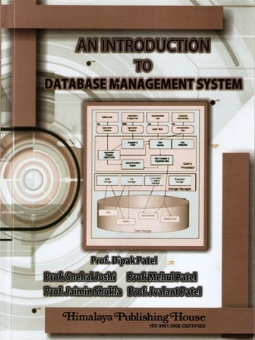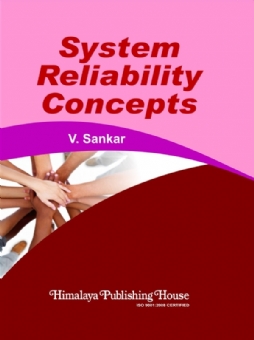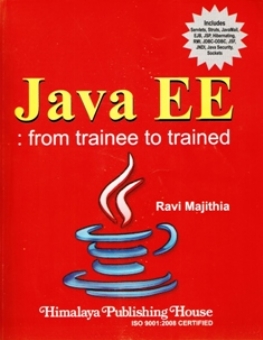Databases are essential ingredients of modern computing systems. Although database concepts, technology and architectures have been developed and consolidated in the last decades, many aspects are subject to technological evolution and revolution. Thus, writing a textbook on this classical and yet continuously evolving field is a great challenge.
This book provides a new and comprehensive treatment of databases, dealing with the complete syllabuses for both an introductory course and an advanced course on databases. It offers a balanced view of concepts, languages and architectures, with concrete reference to current technology and to commercial database management systems (DBMS).
The aim of our lecture notes are to set forth the usage of the programme – Microsoft Access – as well as displaying the way it should be taught to the public, paying special attention to the requirements of high school, although some elements of the treated chapters might indicate something extra.
In order to understand what we are saying, and not just learn it, we need to clarify the rediments. The most precision and attention is required by the construction and planning of a database. Choosing the most suitable model, shaping the structure of our database is the basis of our work. It is easy to build on good foundations that is why the first two chapters – in which we will clarify the rudiments of database administration – has a key importance. In the later part, we will discuss the first step of database administration. The structure and usage of the Access itself is not so complicated. Adding and searching for information is not a challenge either, since Microsoft designed its product to be handled as easily as possible, as well as making it quick-to-be-acquired. All this add up to the fact, that it is the most widely used database hadler today. This also played a part in my choice of database handlers.
The usage of the MS Access mainly through practical examples and images to model the process. Since the chapters build on each other, it is important that no part should be comitted, otherwise information gaps may emerge. The course material is also fit a possible revision.
Contents :
1. An Introduction to Database Management System
2. Organization and Architecture of Database Management System
3. Data Models
4. Types of Keys
5. Types of Constraints
6. Functional Dependencies and Closure of Functional Dependencies
7. Relational Database Design
8. Microsoft Access







